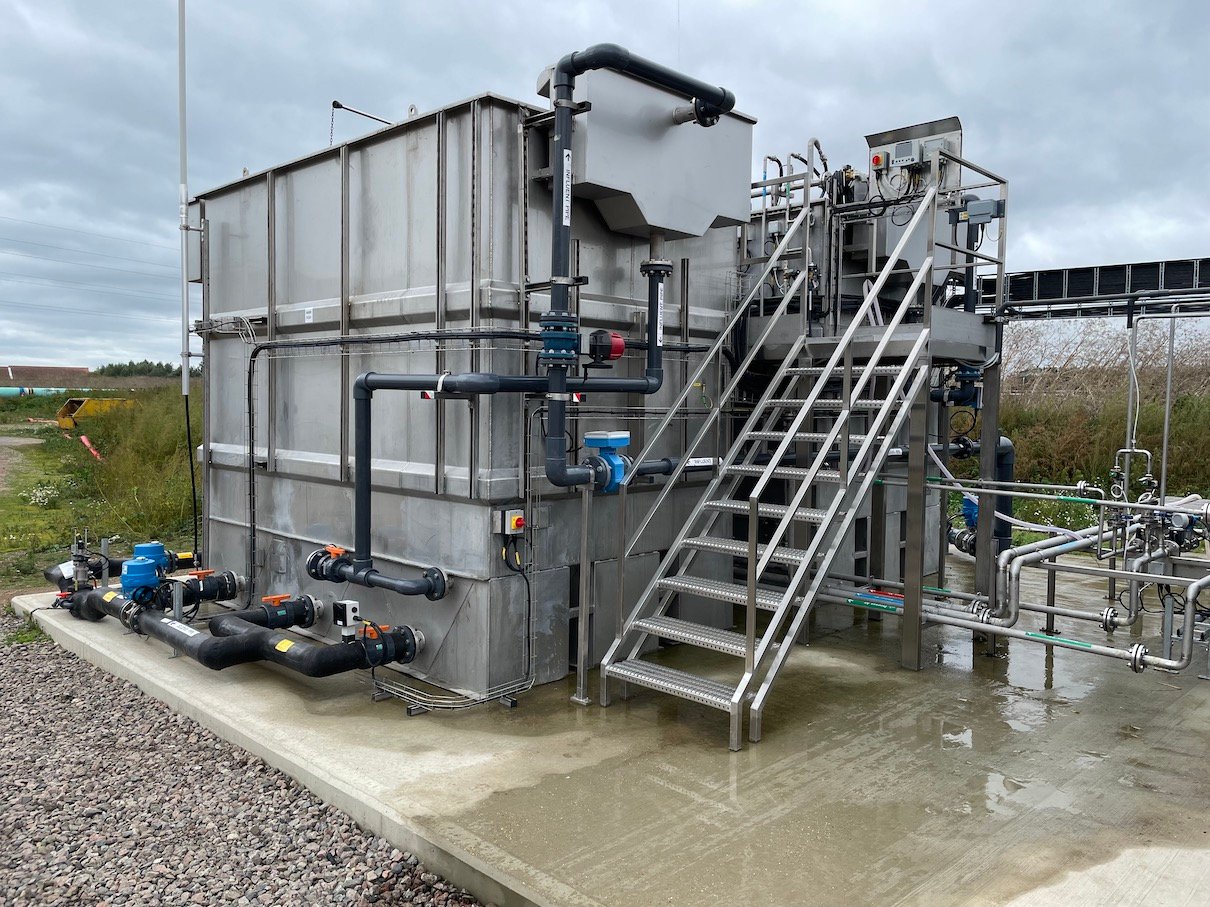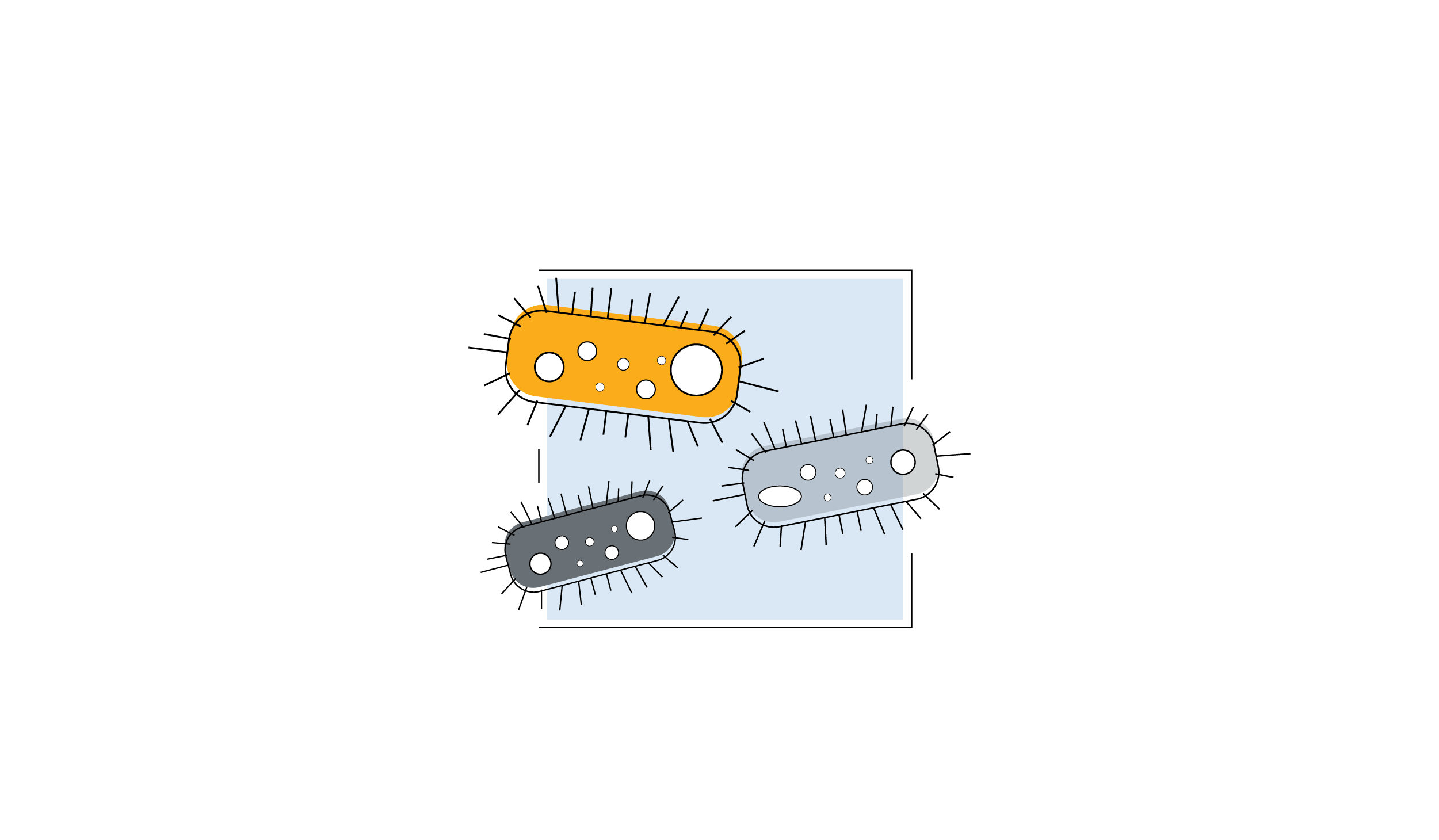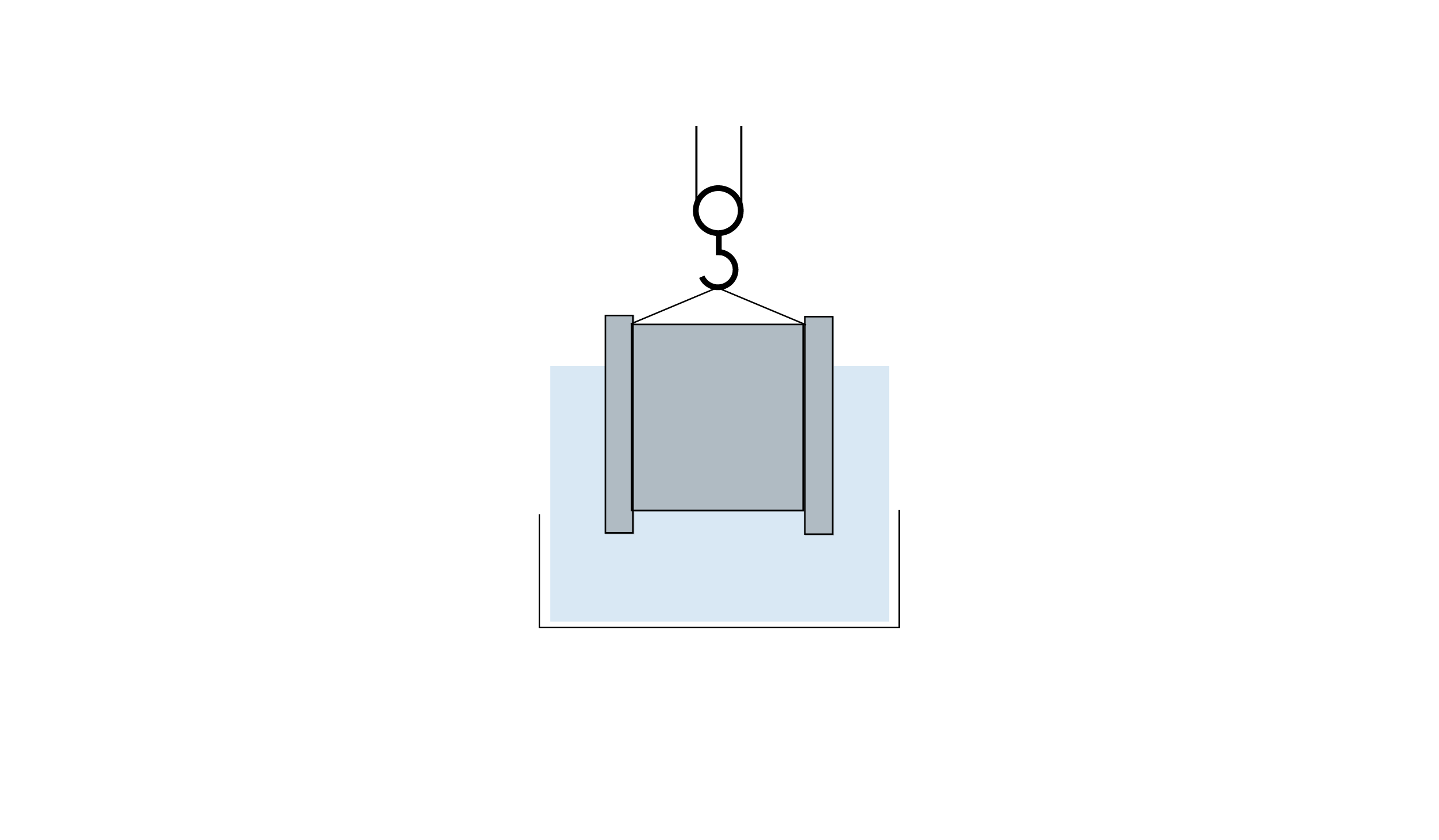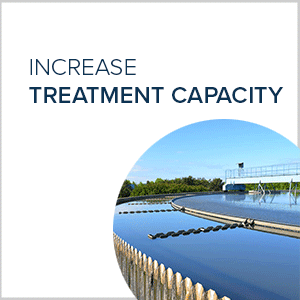How to live a zero waste lifestyle
Working together to create a more sustainable planet.
According to Water World Council during the 20th century the world’s population tripled while water use for human purposes multiplied sixfold. This increase in demand is placing a huge amount of stress on wastewater infrastructure.
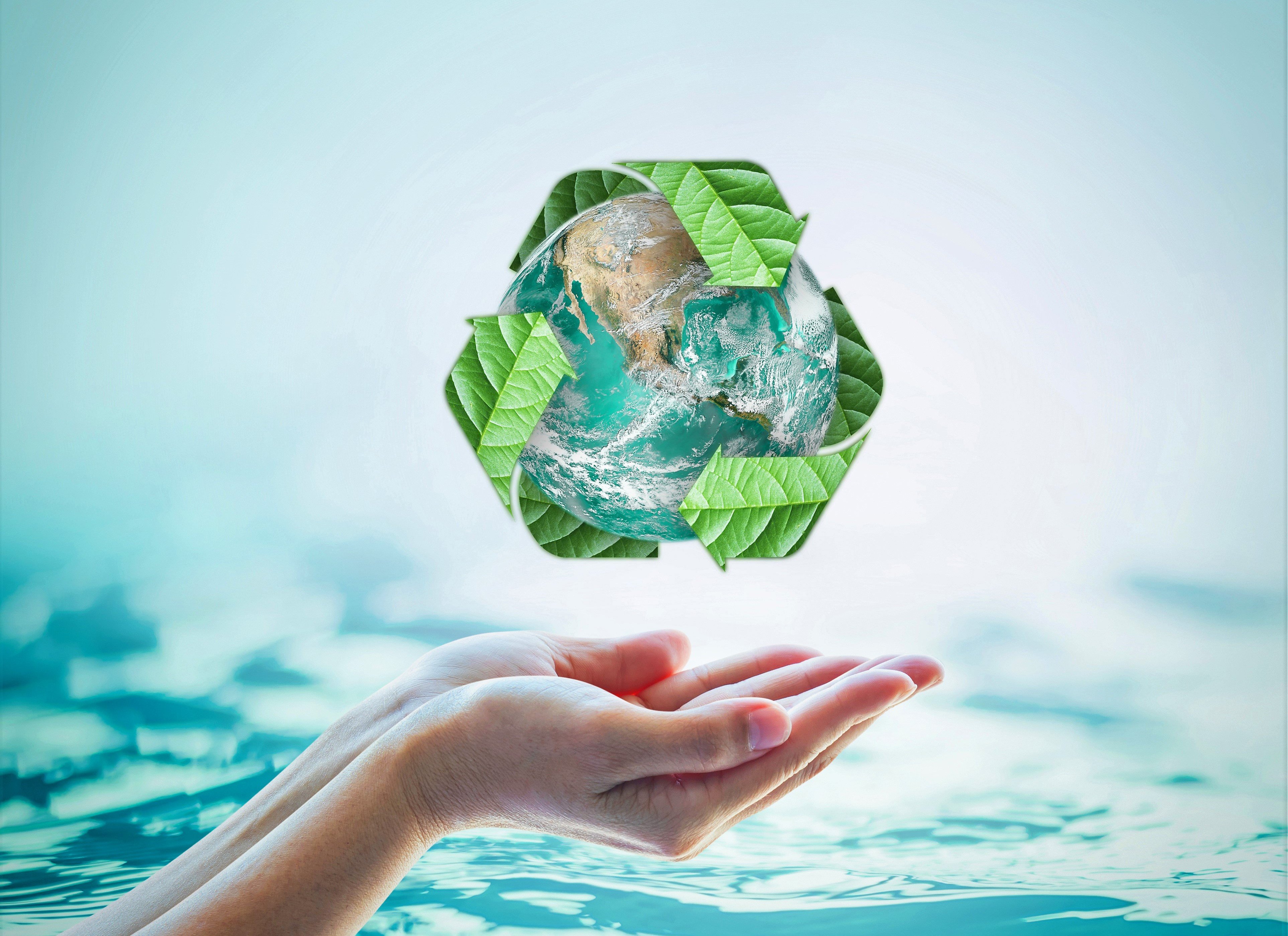
While domestic consumption of water has increased, most of the demand comes from the industrial usage with food production being a major factor. However even though domestic use is smaller, it has an impact.
In order to deal with the increasing demand, governments and industries are investing in improving their wastewater treatment facilities. Increasing capacity and improving efficiency is key to ensuring an environmentally sustainable approach. However, they alone should not shoulder all the responsibility, we as individuals can play our part in decreasing consumption to help ease the problem.
Water is used in all aspects of life, in the production of goods to the amount of water we use in our daily tasks to the products we buy it all has an impact. Reducing our consumption of water and demanding less products would mean that there is less of a demand on water infrastructure.
A guide to living a more sustainable lifestyle
The first place to start is to look at your lifestyle, are you over consuming, are there steps you could take that would lead you to live a more environmentally friendly life?
The 5R`s are a useful tool to help you fight over consumption and work towards a
zero waste lifestyle.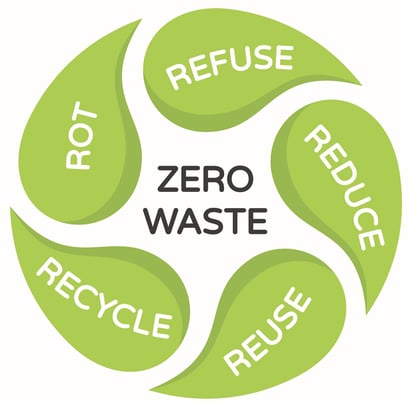
- Refusing items you don’t need.
Single use plastic is becoming a major issue. Supermarkets are even changing the way they package items in response to consumer demand.
When doing your shopping next ask yourself, do you really need a plastic bag to hold your vegetables? - Take showers rather than a bath and keep it short.
A shower can use half the amount of water as a bath with average consumption about 10 liters per minute. - Skip the dishwater.
Washing your dishes in a basin will use a lot less water and you can reuse the water for feeding plants. - Collect rain water.
You can use it for watering plants and gardening tasks, and only water your plants in the morning or evening as this stops water from evaporating away. - Invest in water saving devices.
One third of all the water used in households is flushed down the toilet. To reduce this, use a displacement device in your cistern. - Compost your vegetables.
Don`t dump your food waste,compost it. Your garden and plants will thank you as they will become healthier from the addition of the compost. - Keep it local
Buy locally produced goods, especially your food products, your goods will be fresher plus you are supporting the local economy and cutting down on transportation. - Invest in eco friendly technology for your home
You can help reduce energy consumption and save on your utility bills by investing in items such as solar panels and or smart meters for you home. - Upcycle or donate items.
Rather than dumping unwanted items you could donate them to charity shop or give them to a friend who needs them .There is always a loving home looking for something. - Buy reusable food storage containers and water bottles.
Buying reusable storage containers, water bottles and coffee cups will help you cut down on your single use plastic and paper cups. Some coffee shops will even give you a discount if you bring your own cup.
Even by implementing a few of these small changes in our lives we can all work together to impact the amount of wastewater we produce.
Together we can make the change to better more sustainable future.

